During the pre-Independence period, industrial relations policy of the British Government was one of laissez faire and also of selective intervention. There were hardly any labour welfare schemes. After independence, labour legislations have formed the basis for industrial relations and social security. These legislations have also provided machinery for bipartite and tripartite consultations for settlement of a disputes. Soon after Independence, the Government at a tripartite conference in December 1947 adopted the Industrial Truce Resolution. Several legislations, including the following, were enacted to maintain industrial peace and harmony: Factories Act, 1948, Employees State Insurance Act, 1948 and Minimum Wages Act, 1948. The Payment of Bonus Act was passed in 1965. In the early 1990s. the process of economic reforms was set in motion when the Government introduced a series of measures to reduce control on industries, particularly large industries. The workers have opposed economic liberalization policy for fear of unemployment while entrepreneurs have welcomed it in the hope of new opportunities to improve Indian industries. The new economic policy has directly affected industrial relations in the country, because the Government has to play a dual role, one of protecting the interest of the workers, and second to allow a free interplay of the market forces. Economic reforms, by removing barriers to entry, have created competitive markets. Fiscal stabilization has resulted in drastic reduction in budgetary support to the public sector commercial enterprises while exposing these enterprises to increased competition from private sector. This book examines the whole gamut of labour related issues during the post-Independence period. The approach to the subject is mainly descriptive, interspersed by comments at places. The book is organized into three Parts. Part I provides a comprehensive introduction to various facets of Indian labour since 1947. It describes demographic trends, employment policies and strategies, constitutional provisions, legal framework, and institutions pertaining to labour and its welfare, current labour policy issues, labour laws pertaining to women and their empowerment and approaches of WTO and India on matters related to labour. Part II contains glimpses of India’s Five Year Plans from First Five Years Plan (1951-56) to Tenth Fiver Year Plan (2002-07). Part III comprises edited extracts from India’s Five Year Plans on matters related to manpower, employment and labour welfare. Besides, there are three appendices which provide relevant material on the subject.
India: Manpower, Employment Policy and Labour Welfare 1947 to 2007
In stock
Free & Quick Delivery Worldwide
reviews
Bibliographic information
Title
India: Manpower, Employment Policy and Labour Welfare 1947 to 2007
Author
Edition
1st ed.
Publisher
ISBN
8177081128
Length
xxvii+507p., Appendices; Bibliography; 25cm.
Subjects

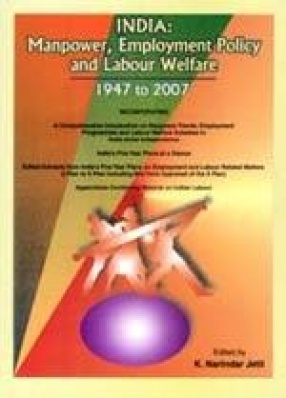
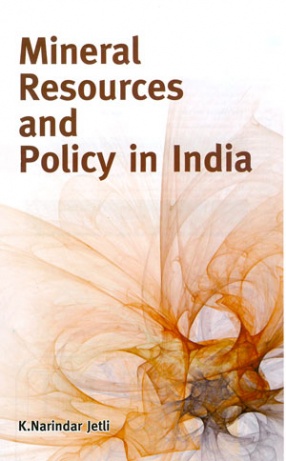
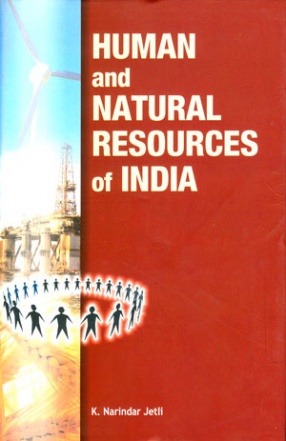
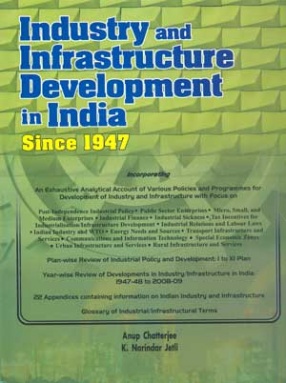

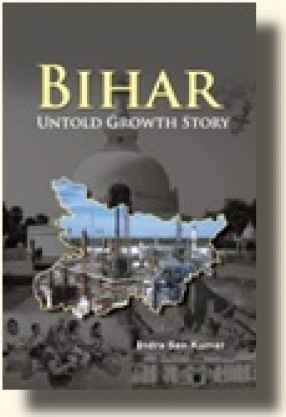
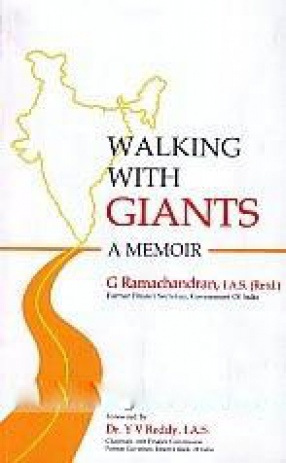
There are no reviews yet.